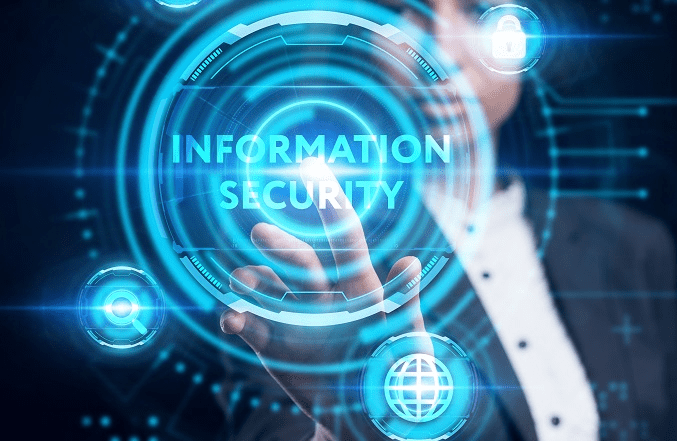
ISO/IEC 27001 is an international standard for establishing, implementing, maintaining, and continuously improving an Information Security Management System (ISMS). It provides a systematic approach to managing sensitive company information, ensuring its confidentiality, integrity, and availability. The standard was first published in 2005 and has undergone several revisions, with the latest edition being ISO/IEC 27001:2022.
ISO/IEC 27001 provides a comprehensive framework for managing information security risks and protecting sensitive information. By implementing ISO/IEC 27001, organizations can enhance their information security posture, ensure regulatory compliance, and build trust with customers and stakeholders. The standard supports a systematic approach to information security management, fostering a culture of continuous improvement and resilience against evolving threats.
The purpose of ISO/IEC 27001 is to help organizations manage and protect their information assets by establishing a robust framework for information security management. It is applicable to all types of organizations, regardless of size or sector, and aims to:
©2024.AQS Assessments Pvt.Ltd. All Rights Reserved.
Designed & Developed by Sunseaz Technologies Pvt Ltd.